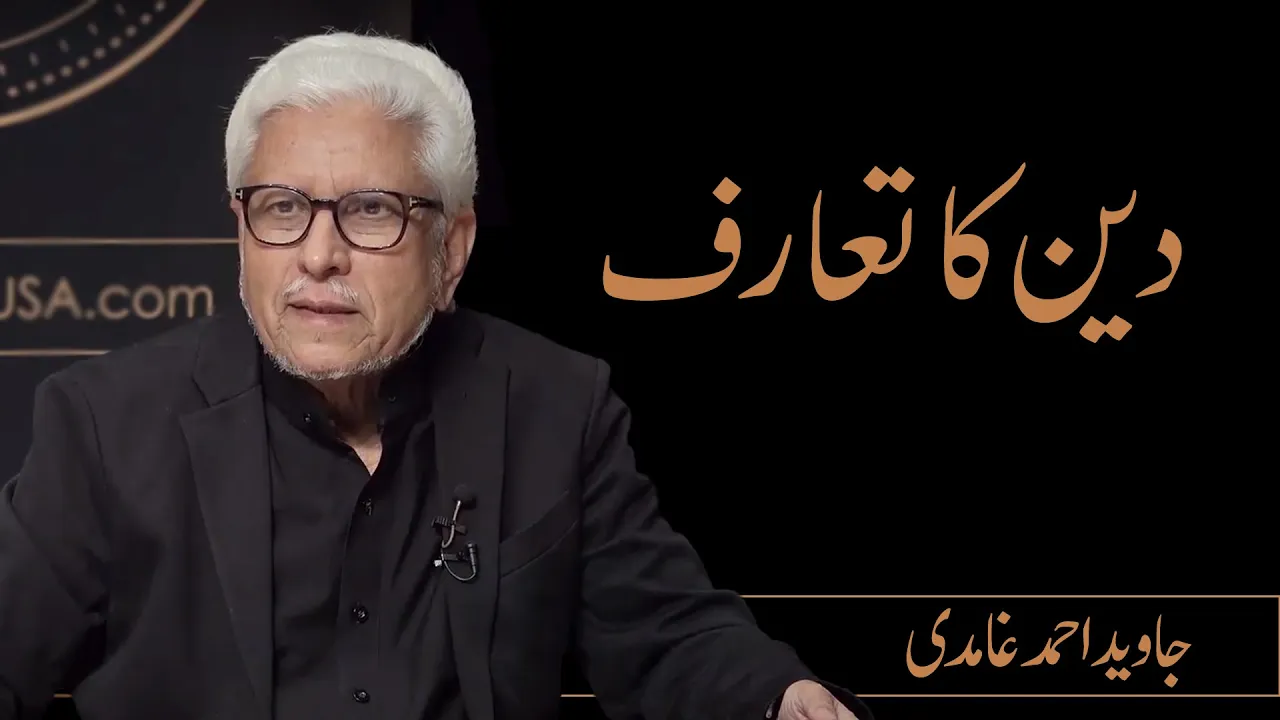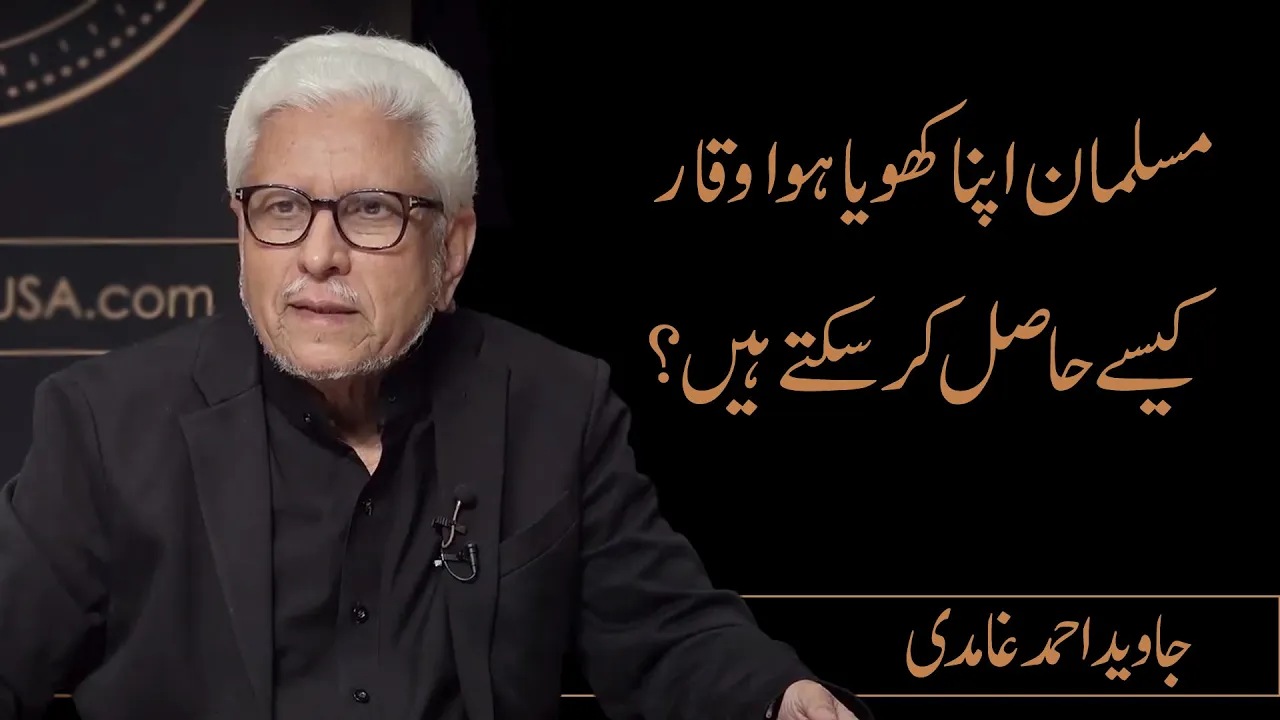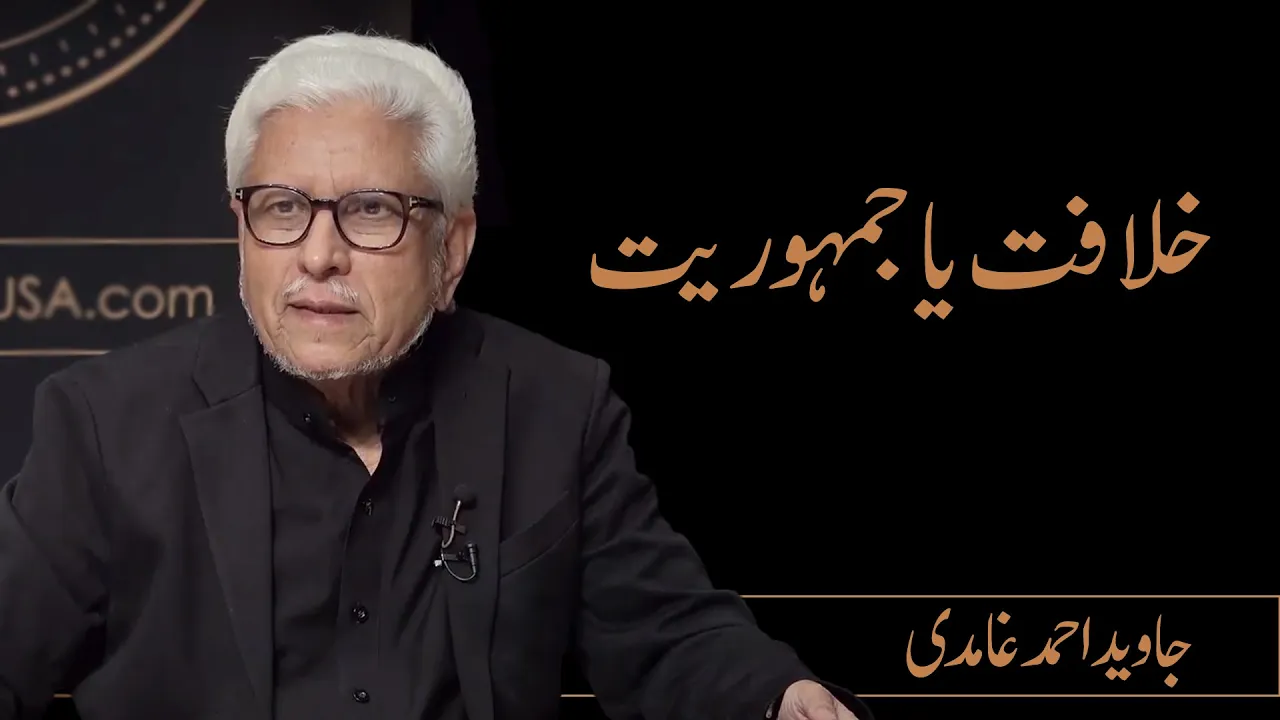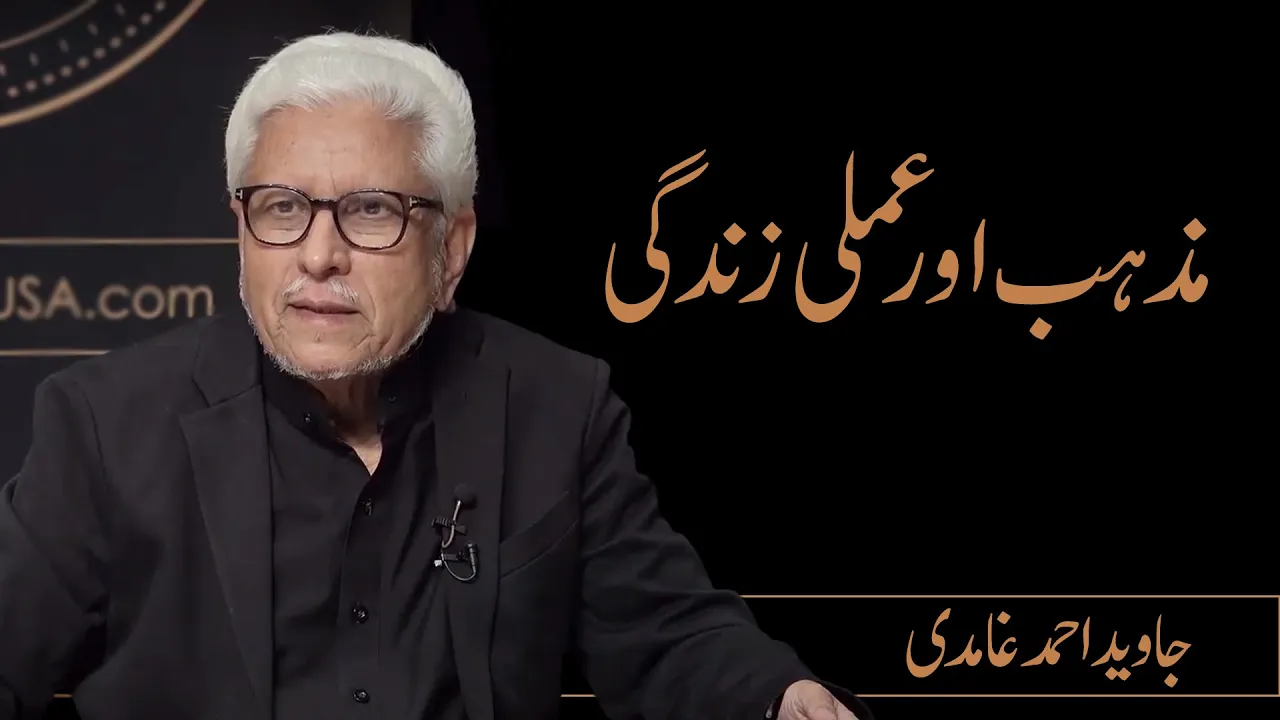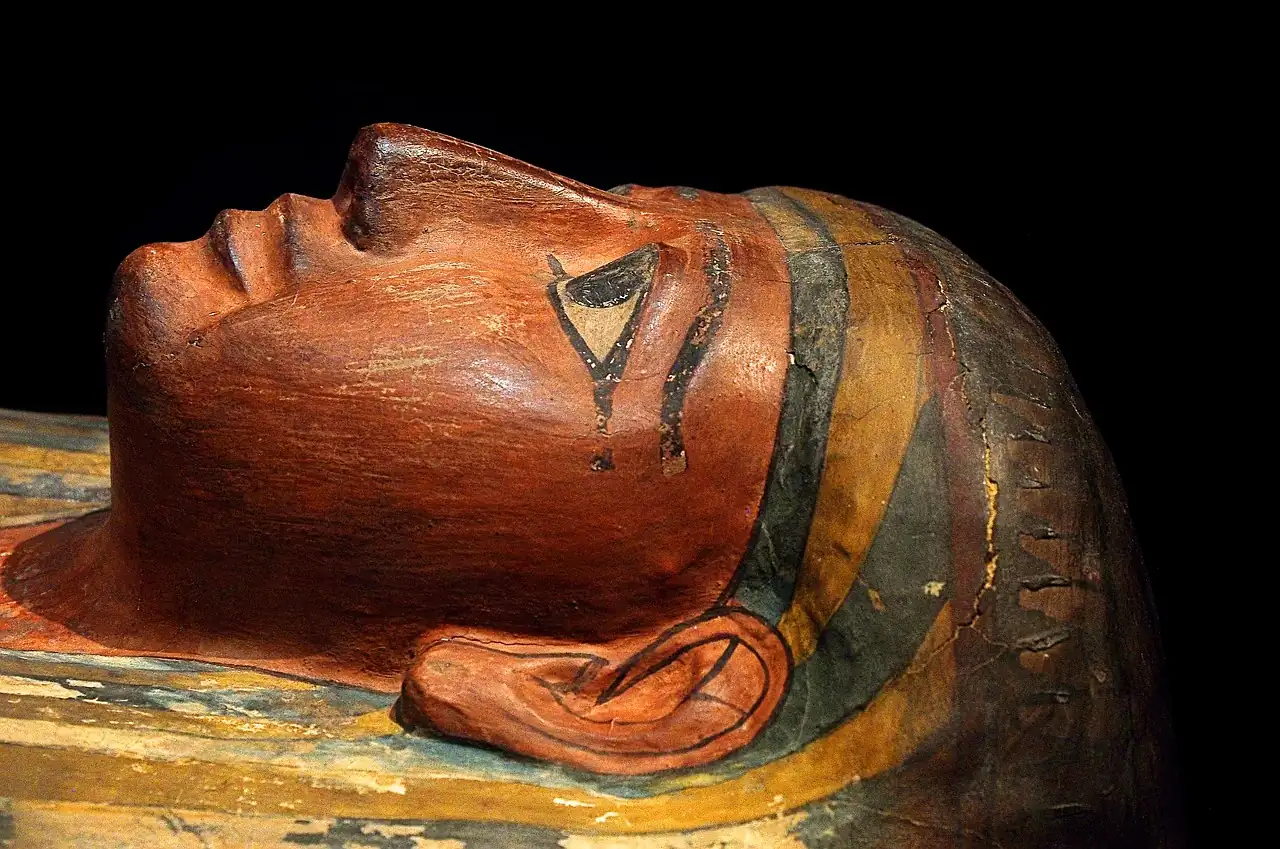Question
I have a question about the inheritance law. I am totally convinced in the point of view of Javed Ahmed Ghamidi. However, I have developed a confusion regarding his view in this regard which follows:
Who receives the balance 5/12 of the inheritance in the following and other cases in which, after the distribution, there remains surplus?
| Inheritors | Fund Distributed | Surplus | |
| Only a wife: | = | 1/4 | 3/4 |
| Only a mother: | = | 1/3 | 2/3 |
| Only a daughter | = | 1/2 | 1/2 |
| Two daughters | = | 2/3 | 1/3 |
| Only a Sister | = | 1/2 | 1/2 |
| A mother and a sister | = | 1/3 + 1/2 = 5/6 | 1/6 |
| A wife and a mother | = | 1/4 + 1/3 = 5/12 | 7/12 |
| A sister and a wife |
In all these cases and many other combinations there is a surplus. What will happen to this surplus? Who will inherit it? To deal with this problem the law of “Usbah” comes to effect. This law is to regulate the unclaimed shares, which have no corresponding people to receive them. Of course if the Quran was clear with no errors, there would have been no need for all these “sciences” and amendments.
The law of Usbah is based on the following Hadith.
Narrated Ibn ‘Abbas:
The Prophet said, “Give the Fara’id (the shares of the inheritance that are prescribed in the Qur’an) to those who are entitled to receive it. Then whatever remains, should be given to the closest male relative of the deceased.”
According to this law, a man who dies and is survived by only his daughter with no other close male relative except a second cousin, his daughter will receive half of his inheritance and the other half will go to the man’s second cousin. This seems quite unfair to the daughter, but it would be especially unfair if the man had a needy aunt or a female first cousin that would receive nothing because they are of the wrong gender.
Now suppose that a man has no other heir except his wife and a distant male relative. The wife will receive 1/4 and the distant male relative gets the balance, i.e. three times the inheritance that his widowed wife gets. Is this justice?
What if the deceased has no male relative at all? What will happen to the rest of his inheritance? What happens in the reverse case when a wife has no relatives? The husband will receive half of her inheritance; who will get the other half?
Note that in the Quran there is no priority for the distribution of the inheritance. In nowhere it says “first give to these and from what is left, give to those”. Even if we had to reinterpret these laws and prioritize them in the order that they are mentioned, it still does not work because in that case, each subsequent inheritor will have his or her share shrunk. Also in most cases the total inheritance will never be used up. (http://faithfreedom.org/Articles/sina/inheritance.htm)
Answer
First of all it needs to be appreciated that the prophetic narrative you have referred to is not shariah itself. Rather it is an application by the prophet of a directive of shariah. The shariah directive was that the shares are based on the principle of benefit in kinship. Hence this application can change in changed circumstances.
Second, in most of the cases that you have described the person (if educated on Islam) would be knowing that a vast portion of his inheritance will be left over. In this case, he can either make someone an heir himself / or give the surplus money in charity / or to deserving person. If he wants his legal heirs to receive a major portion of his would be left over inheritance, he can simply gift them this portion in his life. In some cases he can even make a will in their favour.
Answered by: Dr. Shehzad Saleem
Date: 2015-01-13



